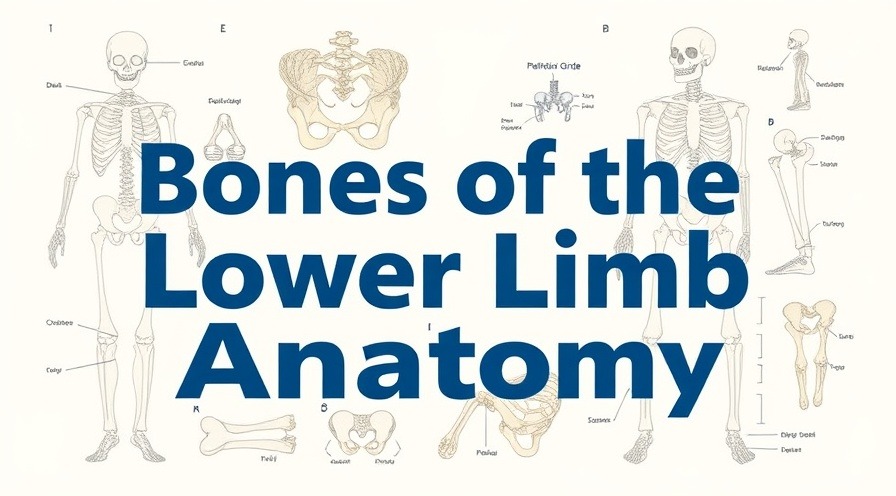
Why Are Patients Still Choosing Stents?
Even with overwhelming evidence suggesting that stents often don't provide the benefits patients hope for, many still opt for the procedure. The JOURNEY towards understanding why stents are still a common choice begins with awareness of the misleading information circulating among patients and healthcare providers alike.
Understanding the Research Behind Stents
For years, studies have shown that stents, a popular solution for heart diseases, may not be the answer many think they are. The COURAGE trial in 2007 revealed no significant reduction in heart attacks or mortality rates in patients undergoing stent placements compared to those receiving only medications. This was a major eye-opener but how many patients really grasped its implications? A mere 1% were aware that stenting had no mortality benefits!
The more recent ORBITA trial contradicted the notion of stenting providing even symptomatic relief; it showed that both actual stent placements and placebo procedures delivered similar results. The research concluded that, essentially, patients may experience no real benefits at all, leading to the provocative question: why do it?
Cautious Insights: Patient Awareness
If patients were truly informed that surgeries like stent placements often carry higher risks than benefits, many may reconsider. The case for stenting might be viewed quite differently—are the side effects, such as potential heart attack or stroke, worth the uncertain return?
Publicists and healthcare providers must serve as a bridge, helping to clarify confusing terminology and challenging the norms surrounding stent surgeries. Health-conscious adults should be aware of alternatives as well as the potential risks tied to medical procedures that lack strong evidence of efficacy.
Financial Motivations in Medicine
Delving into the intriguing world of medical economics reveals a startling truth: financial incentives play a significant role in physician recommendations. Research shows that many healthcare providers admit to recommending unnecessary procedures when there is a monetary benefit involved. An alarming 70% of doctors surveyed believed unnecessary procedures stem from the financial gain associated with them. This has many asking whether patients truly receive objective medical advice.
Imagine your doctor suggesting a treatment because it benefits their practice financially rather than your health. Now, consider the costs related to stenting. At around $40,000 per procedure, it becomes crucial to question whether patients are paying for the promise of healing or the doctor's bottom line.
The Real Cost of Stenting
There are undeniable risks to undergoing stent placement for those in non-emergency situations. Nearly 2% develop complications like bleeding or blood vessel damage, while others may find themselves dealing with heart attacks or strokes post-procedure." The question arises: are patients willing to cover these potential risks for a chance at relief?
The numbers starkly show that risk is woven into the fabric of invasive procedures. A 3% chance exists that blood thinners fail, leading to clotting, which could directly induce a heart attack. The narrative grows increasingly concerning as the risks mount.
Rethinking Treatment Approaches: Cure or Cost?
The medical landscape is shifting towards a potential reexamination of treatment methodologies. With growing public awareness and a push for safer, more effective alternatives, methods focused on lifestyle changes are gaining traction. Heart disease prevention through nutrition and exercise is emerging as a more sustainable and safer long-term strategy. Patients must empower themselves, engaging in conversations centered around risks and alternative treatments.
Take Action: Empower Your Heart Health
Health-conscious readers, stay informed! Understanding your treatment options is vital. Engage with your healthcare provider and inquire about lifestyle management strategies before opting for invasive procedures. Embrace alternatives that could benefit your health in the long run, ensuring your heart health journey is both confident and informed.
 Add Row
Add Row  Add
Add 




Write A Comment